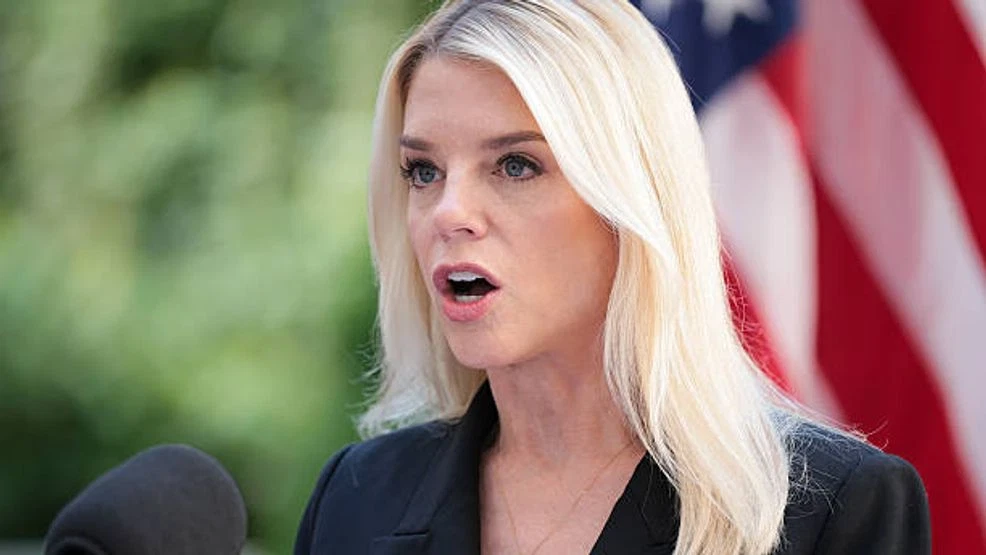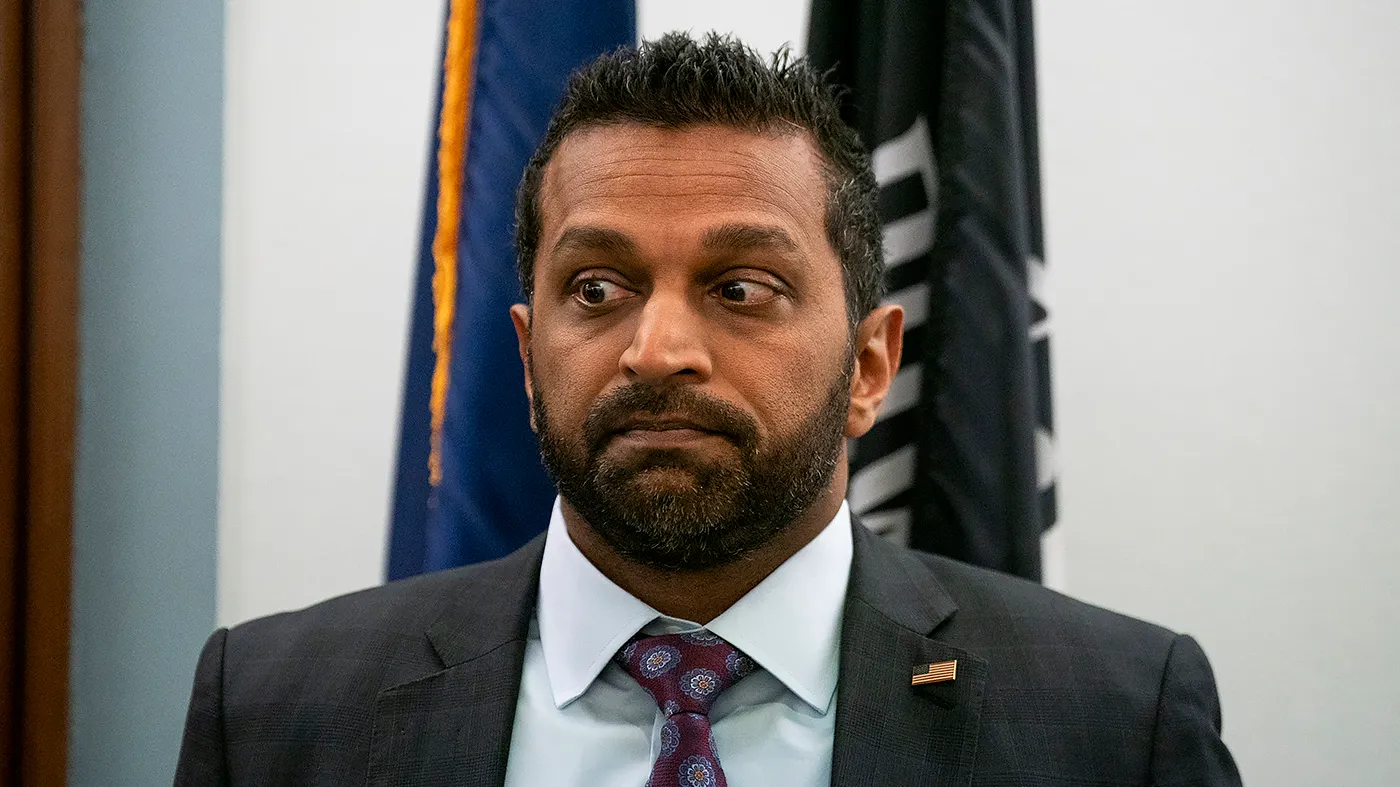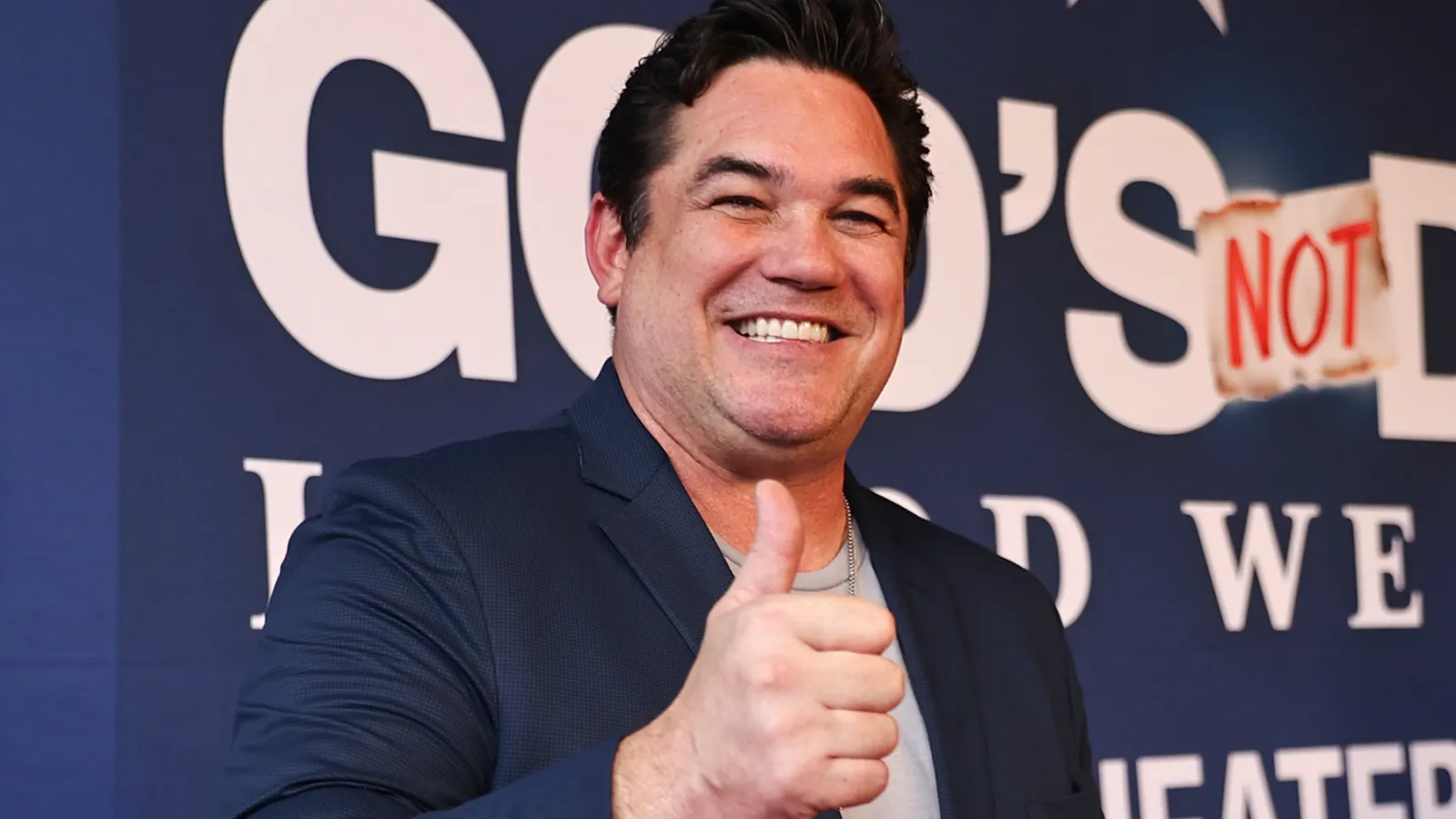
Attorney General Pam Bondi has dramatically reversed course on her previously uncompromising pledge to prosecute “hate speech,” courageously conceding that the First Amendment might apply to people on her side of the political aisle as well.
Bondi made her initial vow on a Monday podcast, declaring the Justice Department would “absolutely target you, go after you, if you are targeting anyone with hate speech.” The line was meant to show strength but instead performed a rare feat in modern politics: uniting critics across the spectrum, including MAGA Republicans who suddenly discovered an ardent passion for civil liberties when their own social media posts were implicated.
By Tuesday, Bondi’s office scrambled to clarify she was talking only about “threats of violence,” not garden-variety hate speech. In a written statement to Axios, she announced a stunning rediscovery of constitutional law: “If you want to be a hateful person and simply say hateful things that is your right to do so. If you want to be a violent person, I will stop you.” This revelation came as a relief to many of her allies, who feared they might otherwise be arrested for saying exactly what they always say online.
The confusion deepened when Bondi floated the idea of prosecuting Office Depot workers in Michigan who refused to print posters for a Charlie Kirk memorial. The employee had already been fired, but legal scholars still accused Bondi of pushing “bake-the-cake authoritarianism”—a term apparently describing the government forcing private citizens to serve up speech they disagree with, just as long as it’s conservative speech.
The timing of Bondi’s crackdown coincided with the killing of conservative activist Charlie Kirk, which has rocked the MAGA world and inspired an intense online campaign to identify and punish anyone who mocked or criticized him. Bondi’s original statement seemed like a broad threat to police not only violence but also bad manners. Her later clarification effectively told supporters: hate on, just don’t incite violence.
Even President Trump weighed in, sarcastically telling reporters, “We’ll probably go after you because you treat me so unfairly. You have a lot of hate in your heart. Maybe they’ll have to go after you.” Observers noted that in a single quip Trump managed to highlight the problem with prosecuting speech based on who feels “targeted”—a nuance usually lost on his own administration.
Bondi’s journey from “we’ll absolutely target you” to “freedom of speech is sacred” has become a case study in the modern art of principle-on-pause politics. Her new position—hate speech is bad unless it’s our hate speech—has been widely praised for its refreshing honesty.




